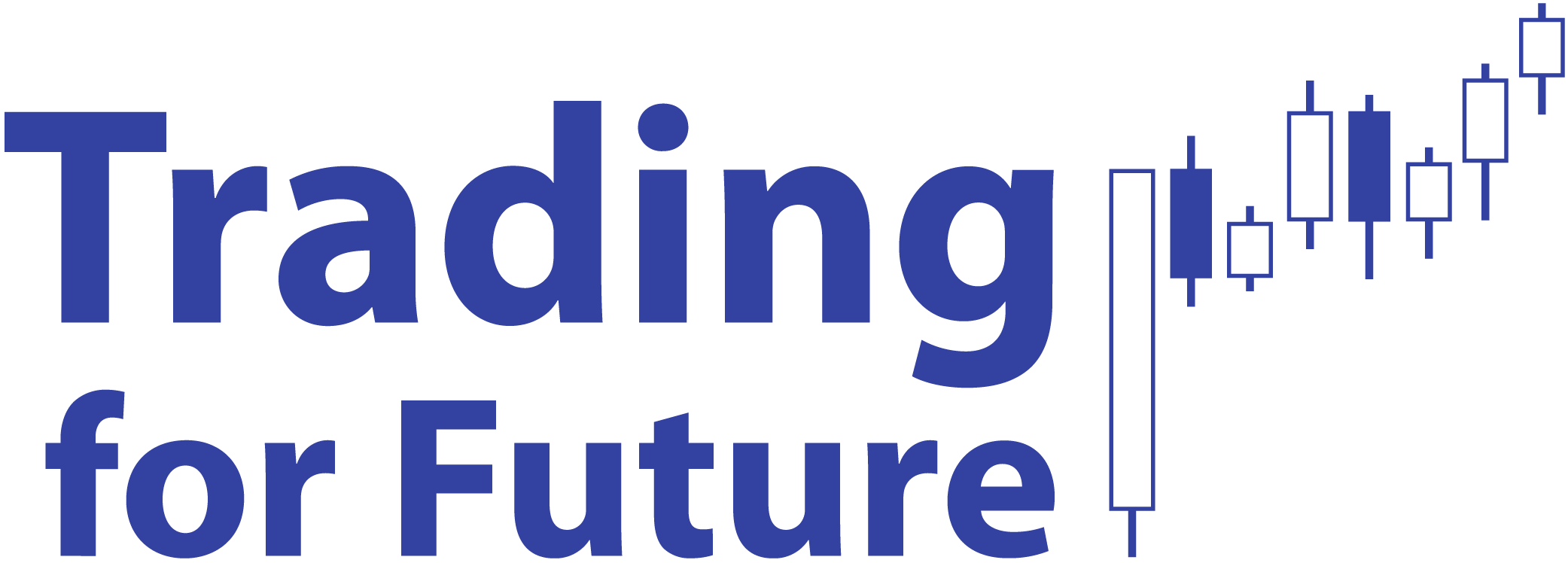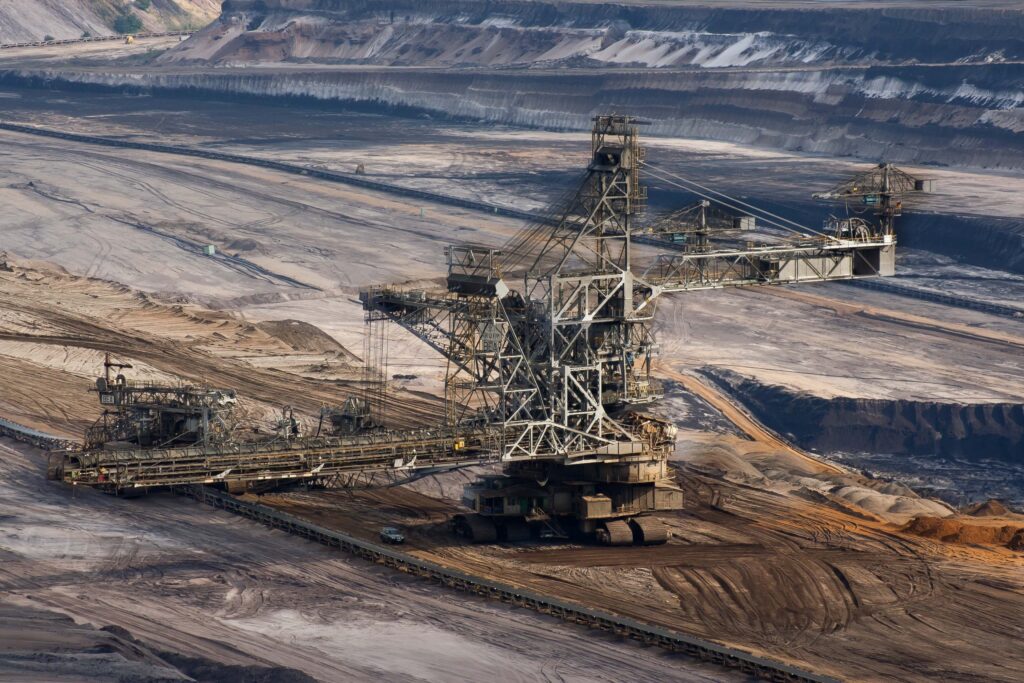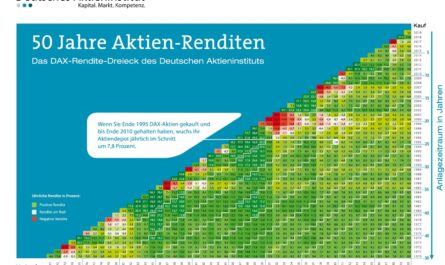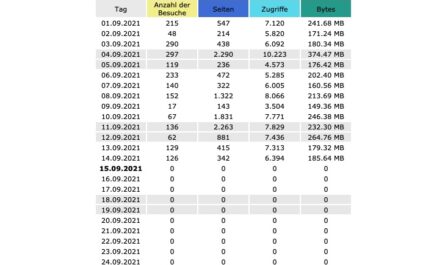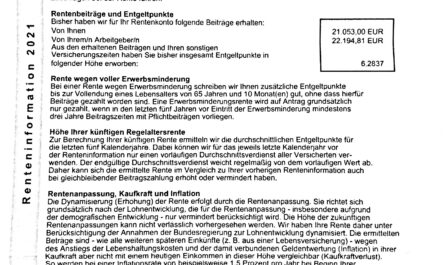In order to accommodate citizens at least to some extent in times of high inflation, the traffic light government’s electricity and gas price brakes will take effect retroactively from March for the full year 2023. This means that the purchase costs for the two energy sources will be capped at 40 and 12 cents per kilowatt hour for the first 80% of the previous year’s consumption, while the remaining 20% or even any additional consumption will have to be purchased at normal market prices. On average, this is intended to reduce the burden on households. What appears at first glance to be a well-intentioned action plan turns out not to be such a good idea in the long term.
The reason: price brakes and price caps undermine one of the most important mechanisms of our economic activity. What is meant here is the signaling effect of prices and thus a possible warning sign of the constant change in supply and demand. While price increases signal that supply is too low for prevailing demand, price decreases indicate that supply is too high for existing demand. Each market participant is required by its own interest to react to the changed scarcity situation. With fixed prices, this possibility of control is eliminated.
Prices arise from competitive pressure
Contrary to the opinion of many that companies can set prices for their products and services completely selfishly in order to reap the highest possible profits, the reality is different: An electricity provider, for example, cannot simply demand any price from its customers because it knows that they will buy the electricity anyway, but always runs the risk that a competing provider will offer the electricity as an interchangeable product at a lower price and could therefore possibly even sell more of it.
The first supplier must therefore react in order to continue to find customers for its offer and to be able to exist on the market. Thus, all suppliers out-compete each other until, theoretically, the production cost price, including a narrow profit margin for future investments, is reached. Competition ensures that market participants have to constantly improve and do so either by increasing the quality of their offer or by setting a more aggressive price point.
If prices are set by the government or other third parties, unfair market conditions are created and the price signal as a possible steering option is completely lost.
Prices and ecology
Indeed, prices always meet ecology: to continue the example of the electricity supplier, let us assume that the supplier generates electricity for his customers by burning lignite. Since he is now only allowed to charge a maximum price for his electricity from his customers due to the electricity price brake, he initially loses the incentive to invest in the expansion of his network or even in new technologies that would possibly be more sustainable for climate protection.
In addition, it will become increasingly difficult for him to produce lignite at all. The raw material is not infinitely available on our planet, and an ever-increasing effort will have to be made to extract it at all. Either we’ll have to dig deeper and deeper, or we’ll have to develop more open-pit mines, which will entail compensation payments like the one in Lützerath and won’t exactly improve the environment.
The price cap prevents the electricity provider from passing on possible additional costs. He is literally forced to sit on them.
Acting blindly without a sense
At some point, the additional costs explode to such an extent that, from an economic point of view, it would simply no longer be profitable for the supplier to generate any electricity at all using lignite. The supplier would inevitably look for alternatives, as its customers would no longer be able to afford the electricity. The supplier loses customers, and the customers no longer receive a product they actually need. Both are dependent on each other.
Since the prices for the end customer are capped by the government, the signal “Hey, coal production is no longer profitable, better look for alternatives!” is cancelled out. There is even the added compulsion to further destroy the environment, as politicians and unions become afraid that thousands and thousands of employees of an entire industry will lose their jobs, and with them their voters. The suppliers can no longer operate economically and are threatened with insolvency. To prevent this from happening, taxpayers’ money even has to be spent or tax subsidies have to be paid to prop up the coal industry. The state is now not only promoting coal mining, but actually subsidizing it.
Without the signal effect of prices, people act blindly and no longer have any intuition because everything is kept artificially cheap. We act as if we could actually create scarce resources out of thin air.
Always keep the big picture in mind!
In the long term, this means that our planet is being overexploited and mankind is using it up until it is no longer possible. This has nothing to do with climate protection and the development of modern technologies. A kind of death spiral is set in motion – and this only because some of our system members wanted to win the favor of others by price braking…
For the planned gas and electricity price brake, however, one has to give the federal government fair credit for the fact that this process is only happening in a slightly slimmed-down form in this case. Suppliers can certainly continue to adjust their prices in line with market conditions and thus also charge prices that are above the cap. The end customer pays the amount up to the cap for the first 80% of his previous year’s consumption, but any difference above this is borne by the state and thus the community. Nevertheless, this also has an impact on the supply and demand structure, since the subsidy means that the electricity suppliers receive the price signal later and are therefore forced to look for (cheaper, more sustainable, etc.) alternatives later. This measure merely postpones the pain threshold and reduces the pressure to pass on any price reductions.
Conclusion: In the short term price brakes create the desired and quite desirable relief for the citizens, but should be abolished as soon as possible! Climate protection, prosperity and progress function most effectively with free markets!
- Basic Books
- Sowell, Thomas (Author)
Letzte Aktualisierung am 2024-07-25 at 19:02 / Affiliate Links / Bilder von der Amazon Product Advertising API
